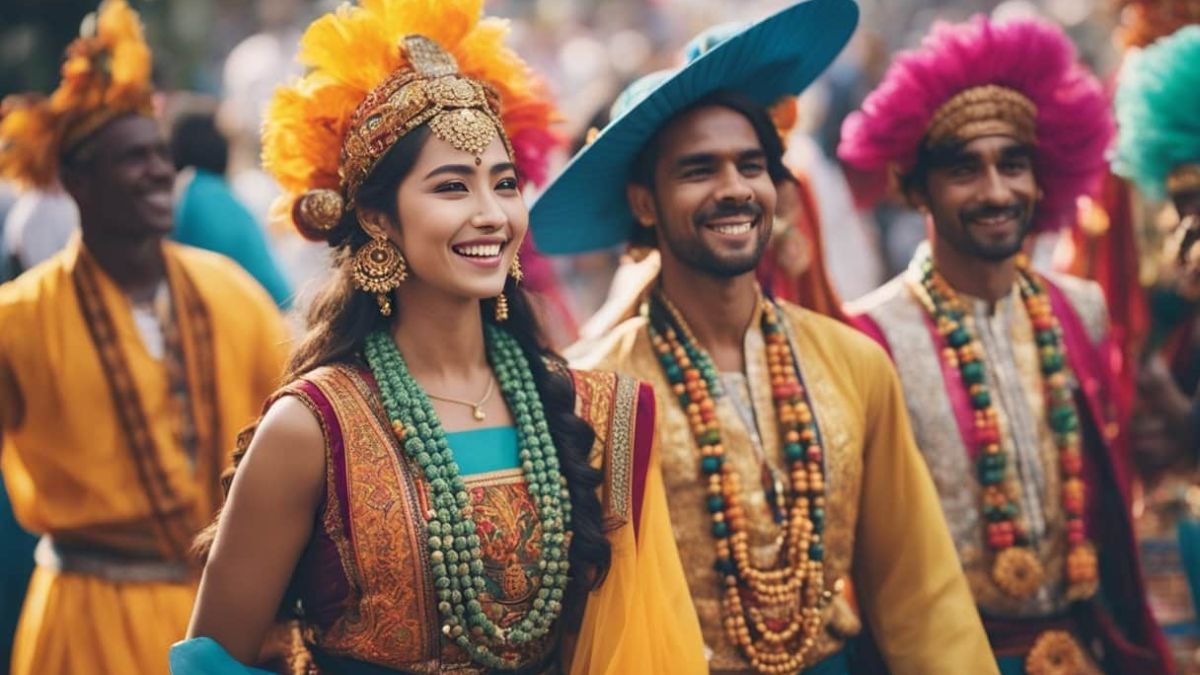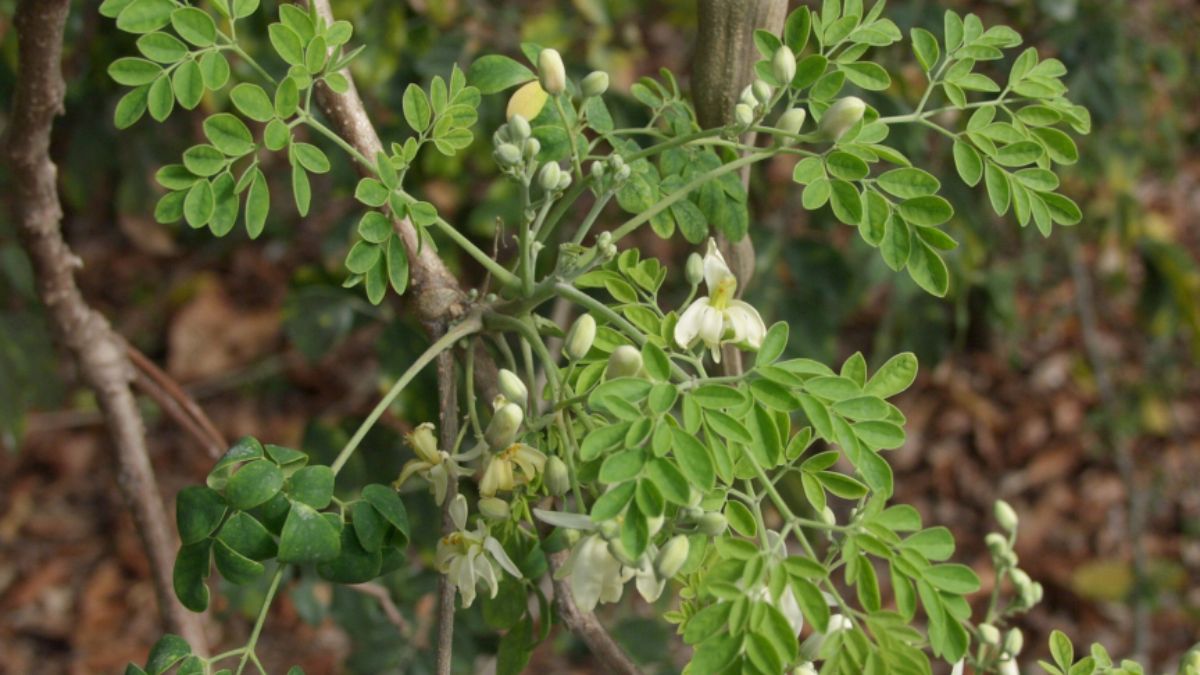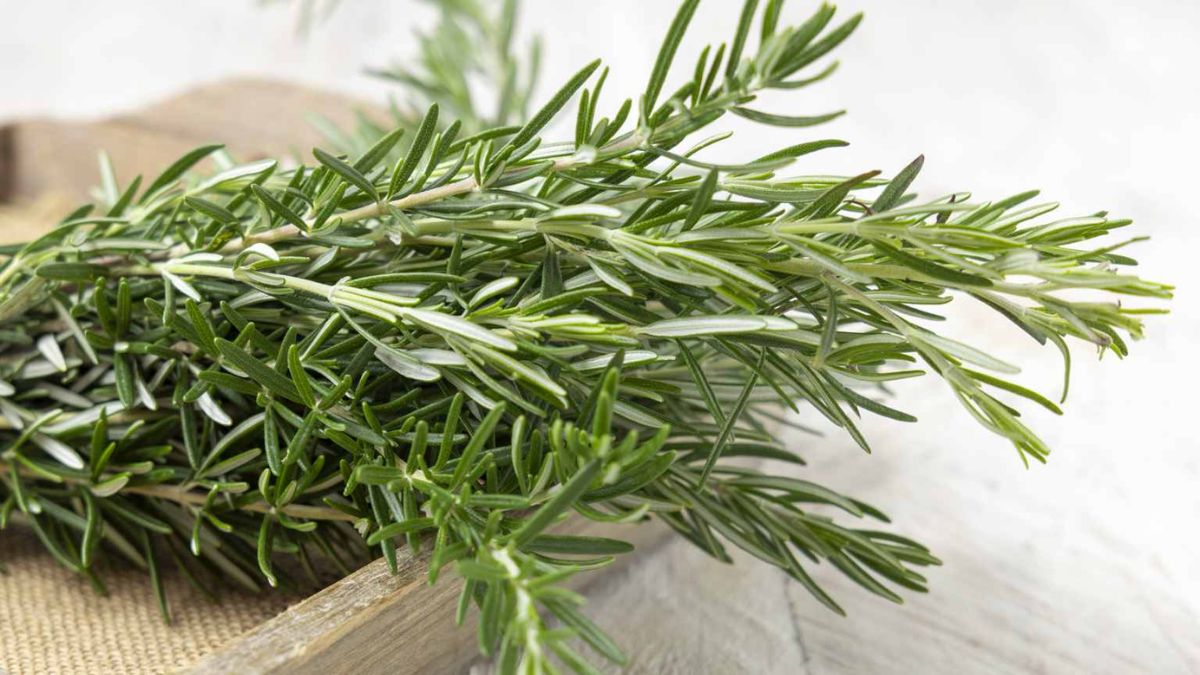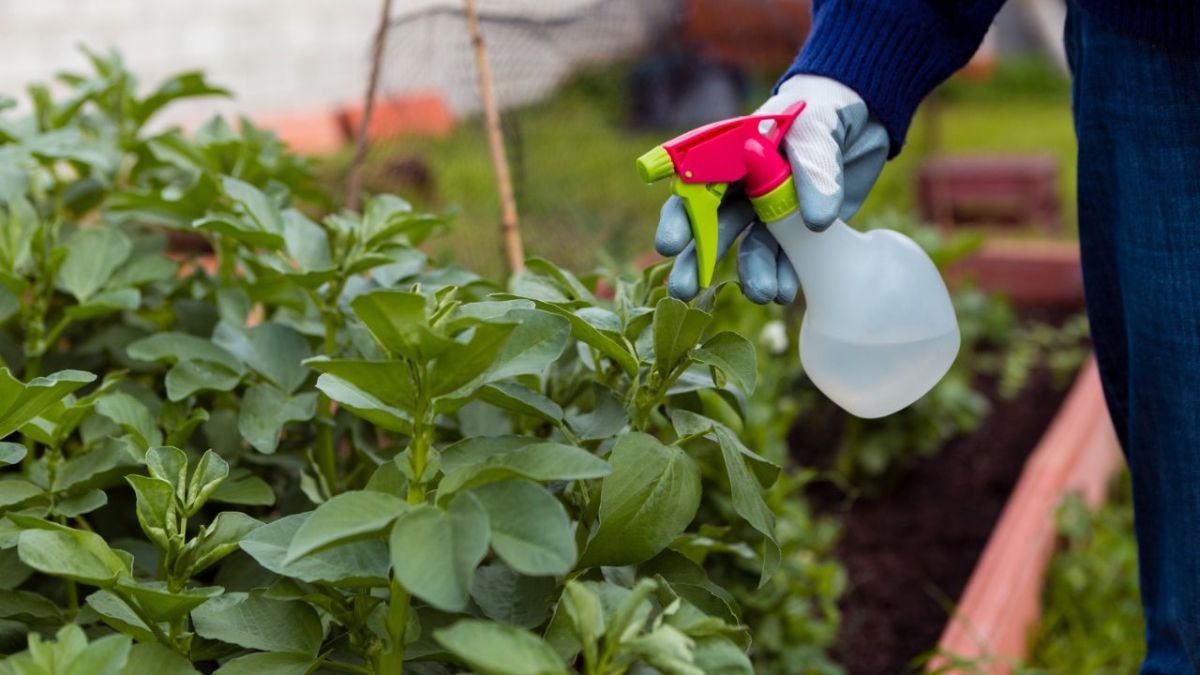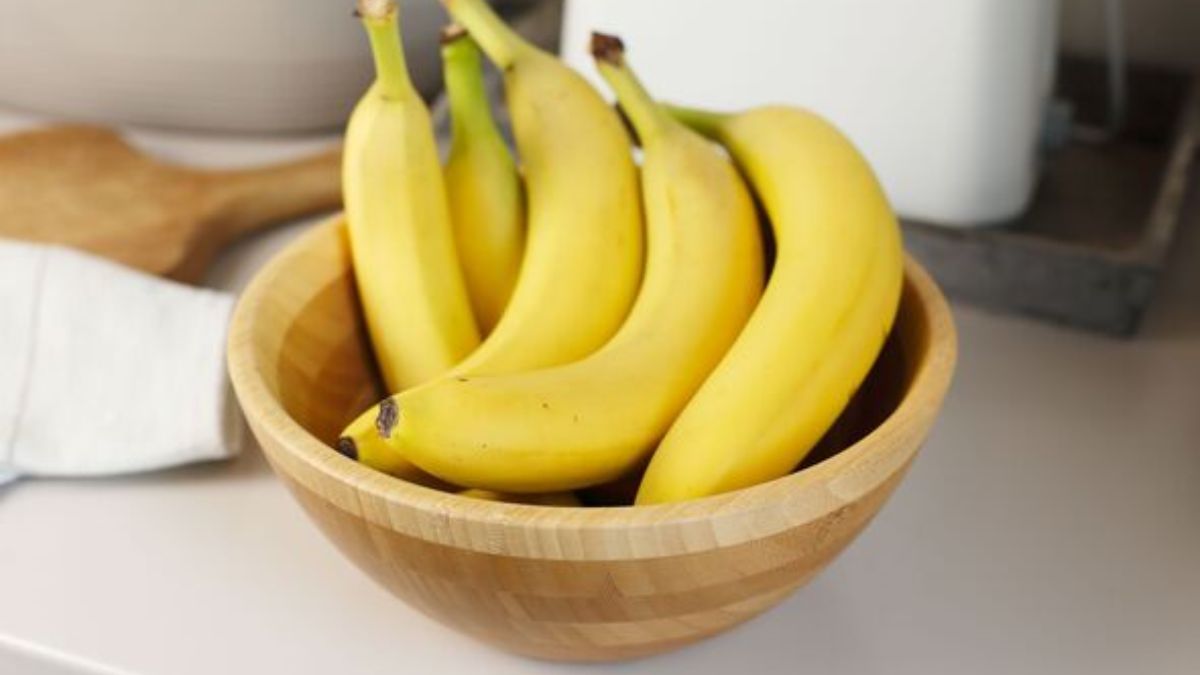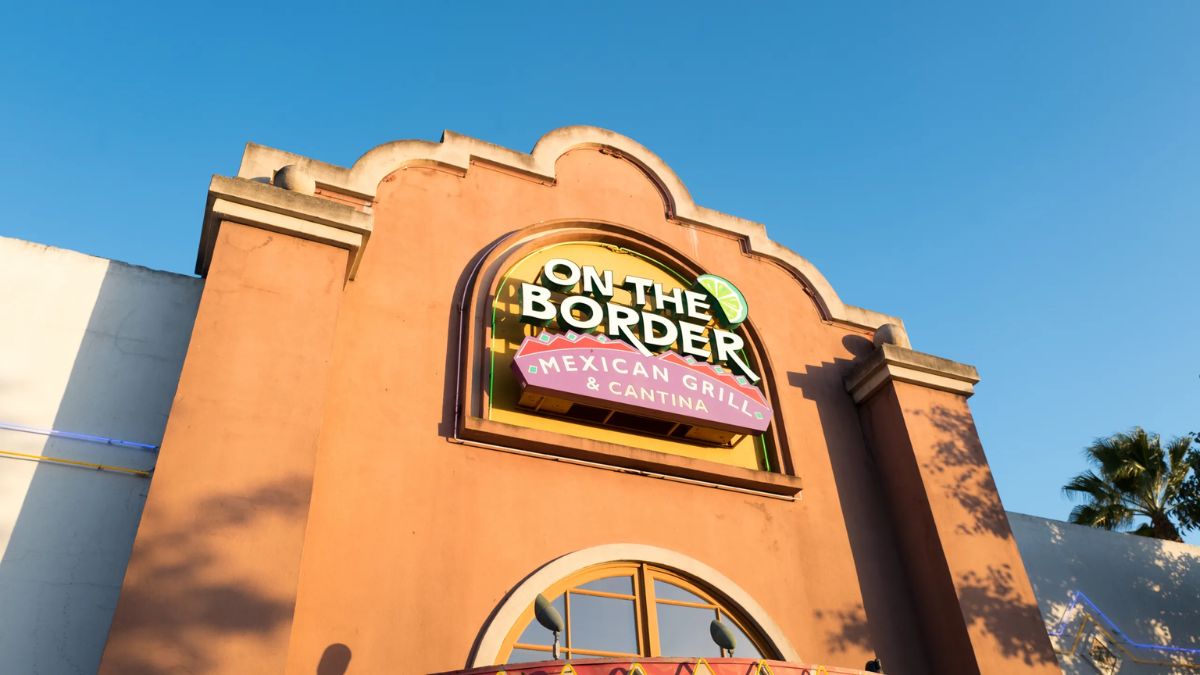The Lotus Festival in Los Angeles is more than just a cultural celebration—it’s a living example of unity in diversity. Held every summer at Echo Park Lake, this colorful event brings together dozens of Asian Pacific communities under one vibrant, lotus-filled sky.
Table of Contents
But beyond the music, food, and dance, what really makes the festival special are the voices—stories from people of all backgrounds who come together to honor heritage, share experiences, and celebrate community. Let’s look into how the Lotus Festival brings cultural unity to life, one story at a time.
Connection
At its core, the Lotus Festival is about connection. Walk through the park during the festival, and you’ll hear conversations in Tagalog, Korean, Mandarin, Japanese, and English—all blending like music. You’ll see families from different cultures sharing meals at picnic tables, kids dancing along to performances, and strangers chatting like old friends. In a city as diverse as LA, this festival reminds people of what they have in common.
Stories
One of the most powerful parts of the festival is hearing personal stories. From vendors to volunteers, performers to visitors, everyone brings something unique. A Japanese taiko drummer might talk about learning from her grandparents. A Cambodian food vendor might share how her family’s recipes came with them as refugees. These voices make the festival feel less like a show and more like a shared space for healing, history, and hope.
Performances
The performances go beyond entertainment—they’re expressions of identity and pride. Traditional dances from Indonesia, the Philippines, and Thailand are performed with passion and precision, often by younger generations keeping their culture alive.
Then there are modern acts—K-pop dance crews, Asian-American rappers, fusion bands—that represent how cultures evolve and blend in today’s world. It’s a powerful reminder that heritage is both ancient and living.
Food
Food is another way the festival gives people a voice. Every dish tells a story—of migration, of family, of celebration. A bowl of pho might represent a Vietnamese family’s journey to America. A plate of chicken adobo might remind someone of their grandma’s kitchen. The food court at the Lotus Festival isn’t just a place to eat—it’s a cultural exchange in every bite.
Here’s a sample of just how diverse the food offerings can be:
| Dish | Culture | Why It Matters |
|---|---|---|
| Lumpia | Filipino | Generational family recipe |
| Pho | Vietnamese | Symbol of comfort and resilience |
| Sushi | Japanese | Precision, art, and tradition |
| Kimchi Fries | Korean-American | Fusion of heritage and creativity |
| Boba Milk Tea | Taiwanese | Youth culture and global trend |
Art
Artists at the festival reflect stories of identity, migration, resistance, and joy. Booths showcase everything from watercolor paintings to handcrafted jewelry and digital illustrations. Many of these works are deeply personal, telling stories of growing up between cultures, dealing with stereotypes, or celebrating family roots. Buying a piece of art here means taking home a story.
Youth
Younger generations play a huge role in making the festival thrive. Many of the performers, volunteers, and vendors are second- or third-generation Asian Americans looking to reconnect with their roots. The kids’ pavilion, youth stages, and cultural workshops help bridge the gap between tradition and modern life. It’s how the festival keeps heritage alive while embracing change.
Inclusion
While the Lotus Festival celebrates Asian Pacific cultures, it’s open to everyone. You don’t have to be from a specific background to appreciate the performances, food, or meaning behind the event. In fact, the festival thrives because of this openness. It’s a safe space for anyone to explore cultures respectfully and joyfully, whether you’re learning or celebrating your own.
Healing
In a time when division is all too common, the Lotus Festival offers something rare—healing through culture. It’s not about politics or agendas. It’s about storytelling, music, food, laughter, and being together. Many visitors describe it as a breath of fresh air, a chance to feel hope and pride in community.
Legacy
The stories shared at the festival don’t end when the weekend does. They’re passed on through family traditions, community conversations, and social media. By honoring these voices, the Lotus Festival builds a living legacy—a reminder that cultural diversity isn’t something to be tolerated, but something to be celebrated and nurtured.
Impact
The true impact of the Lotus Festival lies in its ability to unite people through differences. It’s not just about showcasing culture—it’s about experiencing it, learning from it, and being changed by it. Whether you’re a first-time visitor or a lifelong attendee, you leave feeling a little more connected, a little more human.
So if you’re searching for a space where culture is celebrated, stories are shared, and people come together with open hearts and open minds, the Lotus Festival is where you’ll find it. Come for the lotus flowers, stay for the voices—and leave with a deeper sense of what unity in diversity really means.
FAQs
What is the theme of the Lotus Festival?
It celebrates Asian Pacific cultures and community unity.
Is the event inclusive of all backgrounds?
Yes, it’s open and welcoming to people of all cultures.
Do performers share personal stories?
Many do, adding depth and meaning to their performances.
Is there modern culture at the festival?
Yes, including fusion food, K-pop, and youth art.
How does the festival promote unity?
Through shared stories, traditions, and cultural expression.

